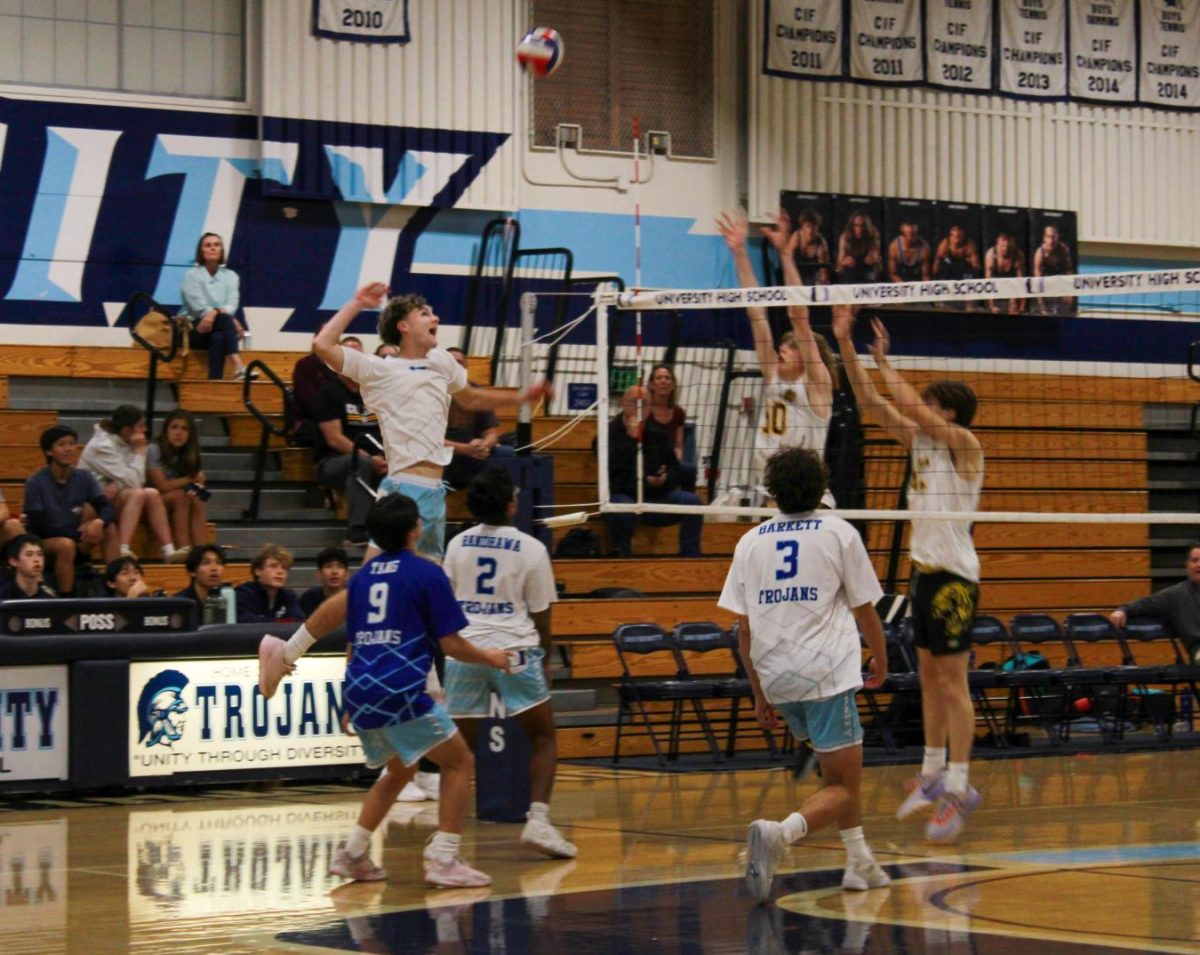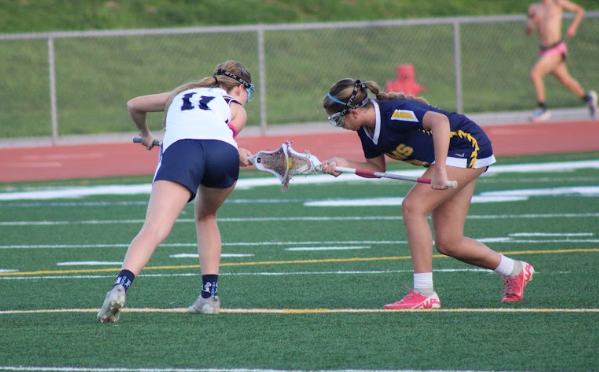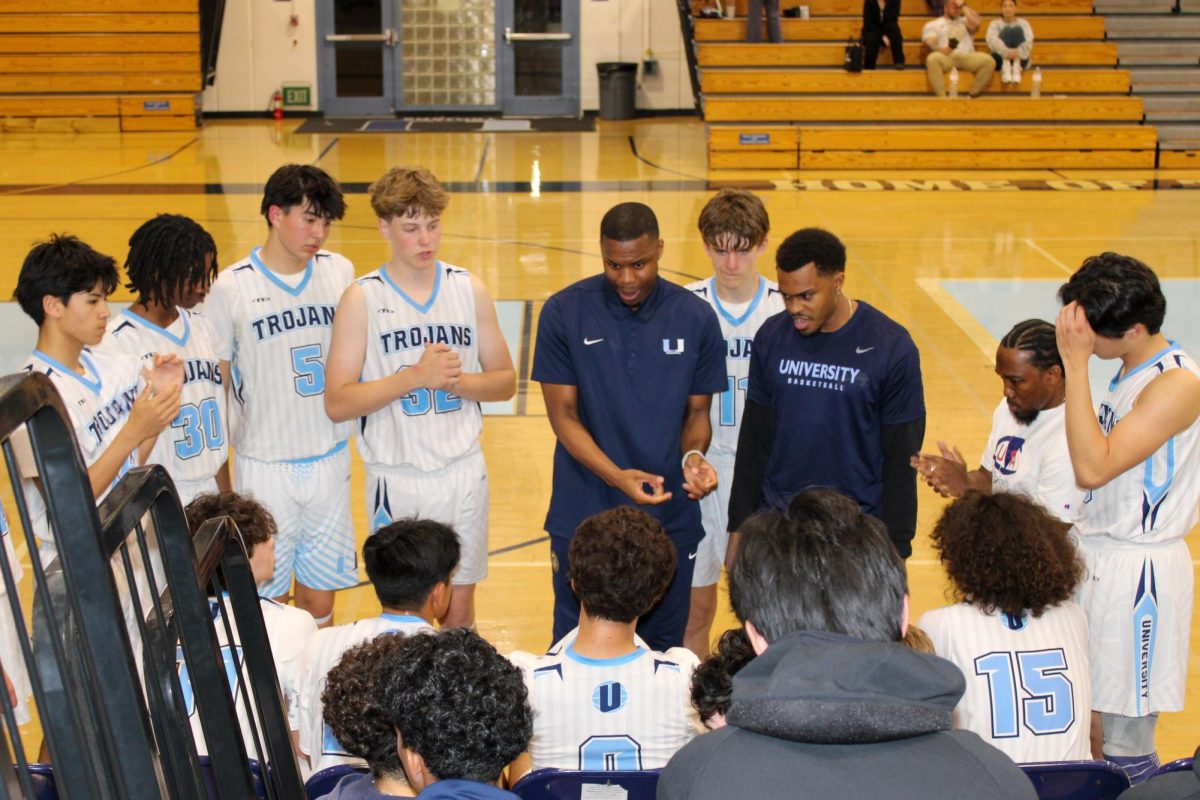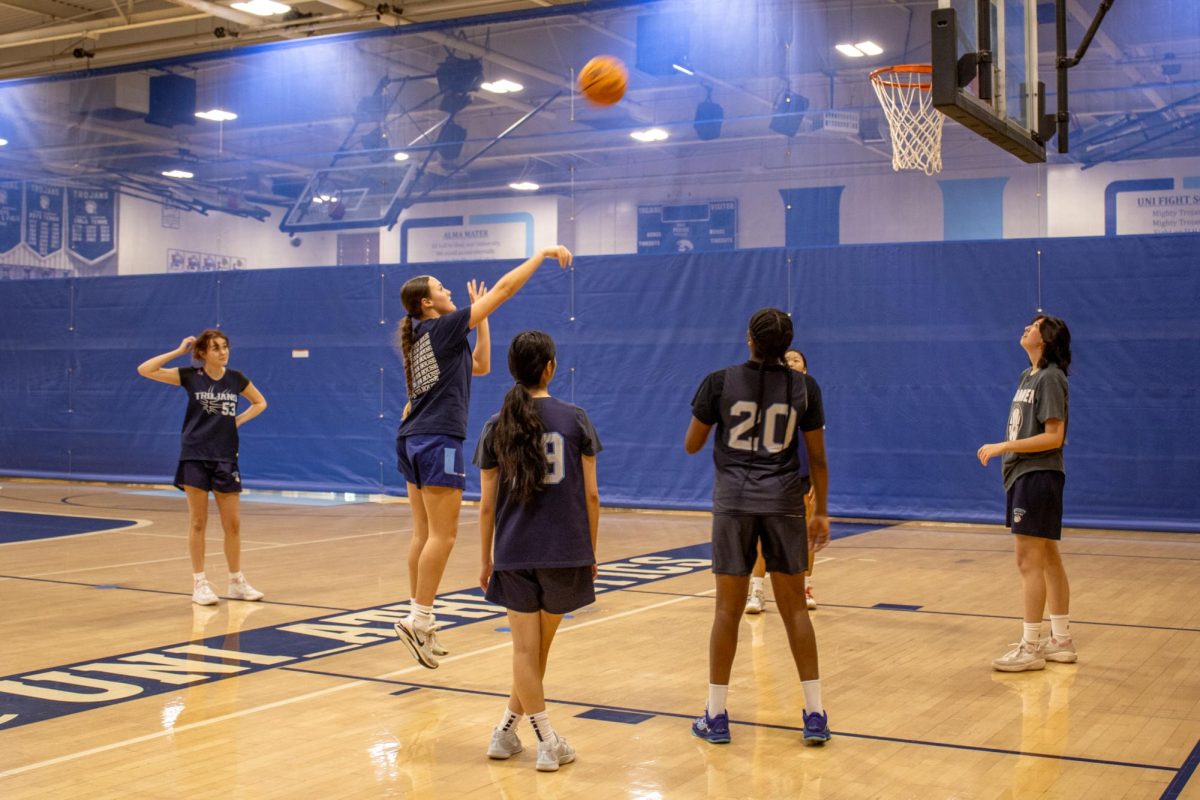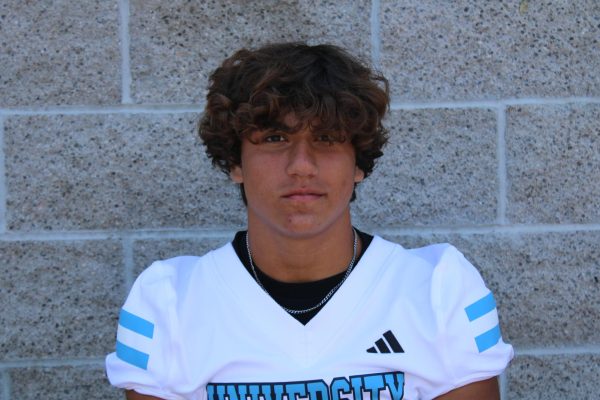You’ve probably seen it all, the vulgar arguments at lunch about last night’s game or the boy watching a FantasyFlock video next to you in AP Psych. With the kickoff of the NFL season well underway, fantasy football enthusiasts embark on a new year of group chat glory and painful punishments. But what exactly is fantasy football and why does it captivate the lives of so many teenage boys and soccer dads alike?
In short, fantasy football involves drafting players from the NFL to form a lineup and duel against your friends. On game day, fantasy team owners closely monitor their players as they catch and run the ball, contributing to the accumulation of fantasy points. Weekly matchups pit teams against each other, with victory going to the owner who racks up the most fantasy points. This pattern repeats for a set number of weeks until the playoffs kick in, where it becomes sudden death until a single champion emerges.
Amidst the excitement of a new season, numerous “top picks” and “boom or bust” articles flood the internet, each offering different opinions and predictions on players destined to shine in the fantasy season. However, one of the most challenging aspects of fantasy football is how to deal with injuries.
The truth is that no one can accurately predict how a particular player will perform due to the dangerous and uncertain nature of the game. For example, Nick Chubb, the running back for the Cleveland Browns, was drafted as the sixth running back in fantasy football drafts and was set for a huge workload this season. However, fantasy owners were devastated when his season was cut short due to a knee injury against the Pittsburgh Steelers.
As demonstrated by Chubb’s unfortunate injury, football is a high-impact sport riddled with unexpected setbacks that can significantly impact both the player and, by extension, fantasy owners. This element of chance and unpredictability is an integral part of the fantasy football experience.
The creativity and critical thinking required to deal with such injuries offer a potential cognitive benefit to fantasy football players.
“[Fantasy Football] really forces your brain to work in creative ways, requiring you to use different data sources while monitoring the players and their stats amid ever-shifting circumstances,” American Heart Association News writer Michael Merschel said.
Regardless of whether one’s fantasy team finishes first or last, the sense of community and camaraderie it fosters makes the game of fantasy football a rewarding and enjoyable endeavor.





